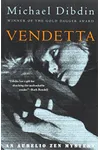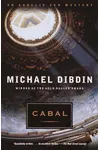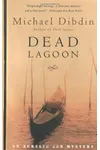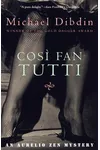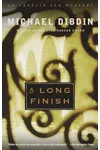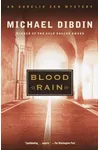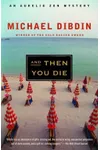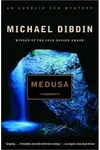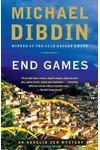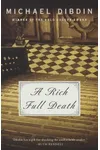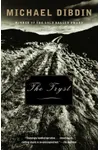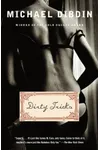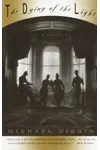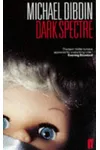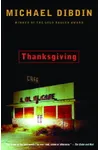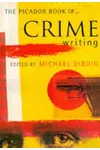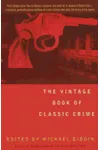Picture a British storyteller who turned Italy’s shadowy underbelly into a gripping crime saga—meet Michael Dibdin! Born in Wolverhampton in 1947, Dibdin became a literary star with his Aurelio Zen series, blending psychological suspense with vivid Italian settings. His 18 novels, laced with dark humor and complex characters, earned him a Gold Dagger Award and a lasting legacy in crime fiction.
With a knack for weaving intricate plots and sharp social commentary, Dibdin’s work feels like a thrilling tour through Italy’s hidden corners. Let’s dive into his life, his unforgettable stories, and why he still captivates readers today!
The Making of Michael Dibdin
Michael John Dibdin grew up in Lisburn, Northern Ireland, after his physicist father’s work took the family there. Educated at the Friends’ School under poet James Simmons, he developed a love for storytelling. He earned an English degree from Sussex University and a Master’s from the University of Alberta, Canada. His early career took a literary leap with a Sherlock Holmes pastiche, The Last Sherlock Holmes Story (1978), before four years teaching in Perugia, Italy, sparked his signature style.
Italy’s vibrant yet murky culture became Dibdin’s muse. His time in Perugia, coupled with a keen eye for human nature, shaped his gritty, atmospheric crime novels. This unique blend of scholarly roots and real-world experience set the stage for his iconic detective, Aurelio Zen.
Michael Dibdin’s Unforgettable Stories
Dibdin’s 11-book Aurelio Zen series, starting with Ratking (1988), redefined crime fiction. Zen, a brooding, flawed Italian detective, navigates corruption and intrigue across cities like Perugia, Venice, and Naples. Ratking, inspired by Dibdin’s Perugia experiences, won the 1988 Gold Dagger Award for its chilling tale of a tycoon’s kidnapping amid family betrayal. Its sharp critique of Italian society hooked readers instantly.
Other standouts include Dead Lagoon (1994), where Zen returns to Venice to unravel a missing American’s mystery, and Cabal (1992), a Vatican-set thriller blending church conspiracies with psychological depth. Dibdin’s non-Zen works, like Dirty Tricks (1991), a biting satire of Thatcherite Britain, showcase his versatility. His style—rich with cultural insight, mordant wit, and anti-heroic protagonists—elevates the genre beyond typical whodunits.
Each Zen novel explores a new Italian locale, painting the country as a character itself. Dibdin’s prose, both lyrical and incisive, captures Italy’s beauty and corruption, making his stories as much about place as plot. His ability to merge literary finesse with suspense keeps readers turning pages.
Why Michael Dibdin Matters
Dibdin’s impact on crime fiction lies in his fearless exploration of society’s darker corners. His Zen series, lauded for its psychological complexity and social critique, expanded the genre’s boundaries, influencing writers who crave depth over formula. The 2011 BBC series Zen, starring Rufus Sewell, brought his detective to life, introducing new fans to his atmospheric tales, though the books remain the richer experience.
Despite his death in 2007, Dibdin’s legacy endures through his vivid characters and unflinching honesty. His work invites readers to question power, morality, and human nature, making him a timeless voice in crime literature. Scholars and fans alike celebrate his ability to make Italy both enchanting and unsettling.
- Born: March 21, 1947, Wolverhampton, England
- Key Works: Ratking, Dead Lagoon, Cabal, Dirty Tricks
- Awards: 1988 Gold Dagger Award, 1994 Grand Prix de Littérature Policière
- Died: March 30, 2007, Seattle, USA
Ready to explore Italy’s dark side? Snag Ratking or Dead Lagoon and dive into Michael Dibdin’s thrilling crime world!

